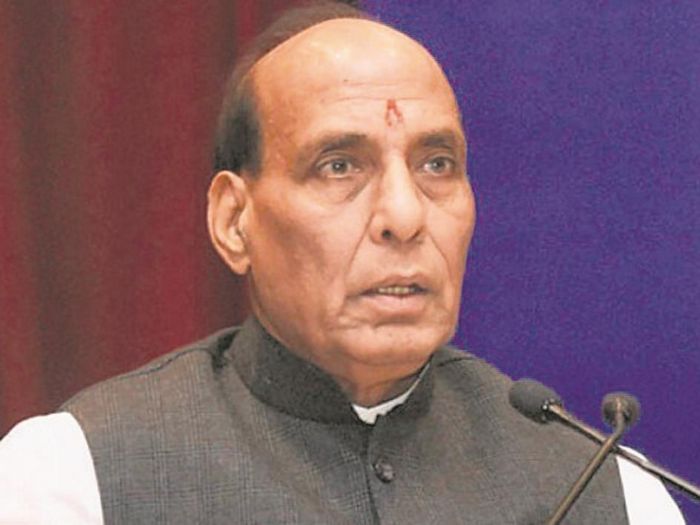India lays out contours of its approach

DEFENCE Minister Rajnath Singh’s assertion that the Indo-Pacific has grown from being a maritime to a full-fledged geo-strategic construct underscores the importance India attaches to the region. His comments at the 13th Indo-Pacific Armies Chiefs Conference (IPACC) indicate New Delhi’s push for a multipolar approach. India does not want to be seen as a minor player amid the China-US rivalry. Rajnath Singh has called for collective efforts to deal with the complexities of the Indo-Pacific. A biennial event to boost military collaboration, the conference’s focus is on promoting peace and stability in the region. Even with its absence, China looms large. Its territorial claims over islands in the East China and South China seas have rattled its neighbours as well as the US.
Army Chief Gen Manoj Pande has discounted construing the IPACC as a military alliance or an initiative against any country. At the same time, in a veiled reference to China, he said while countries are working toward a free and open Indo-Pacific, they are witnessing manifestations of inter-state contestations. Amid rising global concerns over Chinese influence, India’s position is centred on a stable Indo-Pacific, where the sovereignty of all nations must be respected. The region is critical to global shipping channels and the ocean economy. Prime Minister Narendra Modi’s outreach in the Pacific points to the fact that India is seeking its own pockets of influence.
According to US army chief Gen Randy George, the fact that its troops exercise in the Pacific more than anywhere else highlights American priorities. He also affirmed the strength of the partnership with the Indian Army. India’s diplomatic row with Canada need not have any bearing on military ties. The strength of the alliance, though, will be tested. New Delhi’s eyes would be firmly fixed on Washington’s moves.
